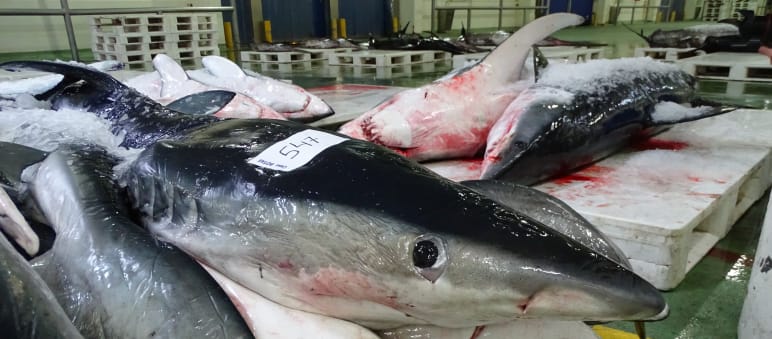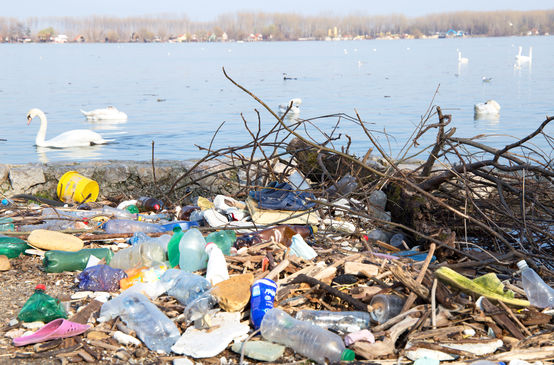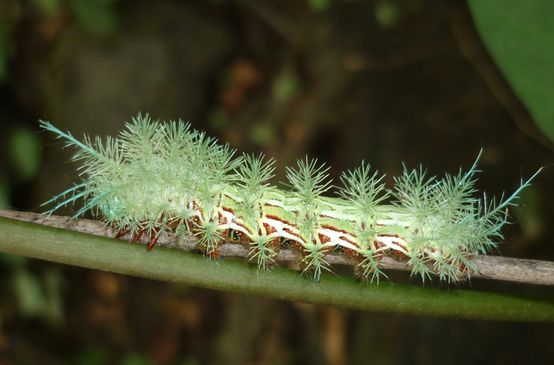
“Sustainable” fishing? The dark side of the MSC label
Spain, Mexico: As an ethical consumer, how do you choose seafood that was sustainably produced? Many of us rely on the familiar blue seal of the Marine Stewardship Council (MSC). But who is behind the label, and is it truly independent? The documentary 'Sustainable Fishing - Can Food Labels be Trusted?’ delivers answers that are hard to stomach.
For the fishing industry, certification has become big business — one that runs roughshod over oceanic ecosystems and the livelihoods of traditional small-scale fishing operations.
In his hard-hitting documentary, 'Sustainable Fishing - Can Food Labels be Trusted?’, journalist Wilfried Huismann reveals how an organization created to reconcile environmental and business interests has been hijacked by the fishing industry to greenwash its brutal practices.
The MSC certifies fisheries that openly violate the organization’s own standards, including operations that use destructive practices such as bottom trawling — a method that wipes out vibrant ecosystems, destroying fish nurseries and leaving nothing but mud behind.
The documentary exposes how MSC certification for swordfish is being used as a cover for industrial-scale shark finning operations. Undercover footage shows the often barbaric practices behind “dolphin-safe tuna” and other “ethically sourced” seafood.
Dr. Daniel Pauly, co-initiator of the MSC, has a bitter summary: “The MSC has gone to the dark side — entirely."
The documentary, which was nominated for the Prix Europa 2018 in the TV Current Affairs category, was produced for the English-language service of Deutsche Welle (DW). The video has since been removed from the DW website following threats of legal action by the MSC. The Spanish public broadcaster RTVE postponed its plans to show the documentary after being pressured by the MSC.
You can still watch it here — and you may never eat seafood again.

We’re drowning in plastic: tell the EU to act!
Mountains of plastic waste are blighting the planet. The EU wants to fix the problem with a new strategy – but not by curbing production. Stop the avalanche of plastic NOW!

Biodiversity
Life on Earth originated around 4 billion years ago. Since then, an unfathomable number of species have evolved, around half of which are insects. Numerous plant and animal species have yet to be documented, and many new ones are being discovered every day.